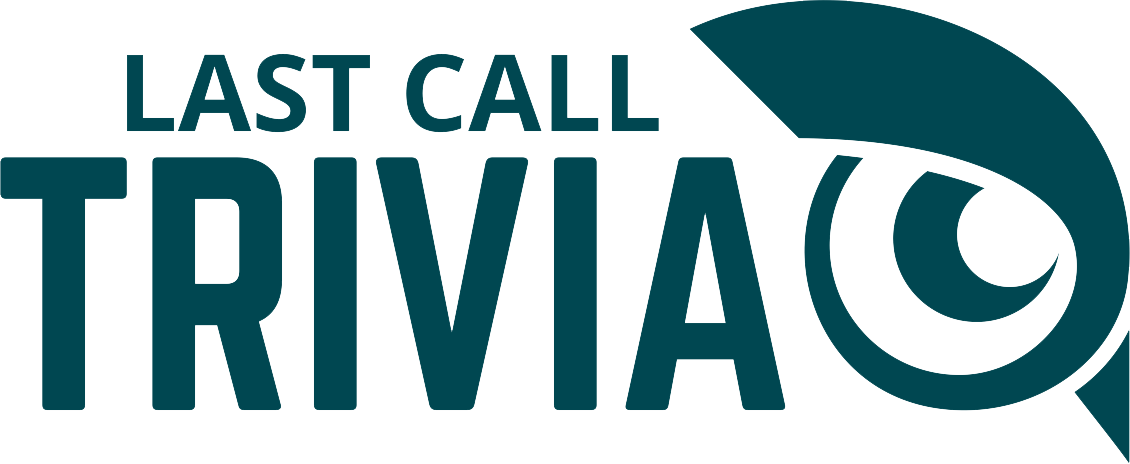(One in an occasional series about boosting Trivia scores. . . )
Let’s take a few minutes to go back to something that you may have covered in middle school.
If you haven’t read Daniel Keys’ classic short story Flowers For Algernon please stop what you are doing, look it up, and read it. The blog will be here when you get back.
It’s the short story that I remember most vividly from school – I actually made a xerox copy of it from my 8th-grade literature book so I could have a copy to keep. It’s wonderful, lyrical, touching, and heartbreaking. If you have not read it, I envy you. If you really want to deprive yourself of this experience, please be warned that this post will contain spoilers for a science-fiction story that was written 56 years ago.
Keys’ story (and latter full novel) concerns Charlie Gordon, a 37-year-old janitor with an IQ of 67. He undergoes experimental brain surgery that is supposed to increase his intelligence. It works, multiplying his IQ threefold. At first, everything is great – he catches up on everything he missed, knowledge, facts, history, books; makes friends and even experiences romance. Of course, after becoming a super-genius he winds up alienating his former friends and co-workers. He also notices that Algernon, the mouse who was the first test subject is rapidly losing his surgically enhanced abilities.
(That’s as far as I am going to go – if you have read the story, you know what happens next. If you haven’t, why didn’t you listen to my first entreaty?)
Ignoring the actual point poetry of the story could lead one to ask: “Is there anything to this? Could I increase my intelligence through brain surgery?”
It turns out that brain surgery is older than you think. Trepanation (sometimes trephination) is the ancient practice of drilling a hole into the head of a human being, and exposing the brain, ostensibly for medical or spiritual treatment. We can trace the practice back about 10,000 years, give or take a few months.
How do we know this? Skulls. Old ones. Old ones that have been dug up. Old ones that have been dug up still have holes in them. Old ones that have been dug up that still have holes in them, with signs of growth and healing, which shows they were done while the skull-owner was still alive, and lived after the surgery.
This was practiced all over the globe: Ancient China, Pre-Columbian Mesoamerica, and Prehistoric France are just some of the spots that have provided archeological evidence of the practice.
But WHY?
That’s a little trickier. Of course there are the theories that these holes would let out evil spirits. Other theories claim that it could treat seizures and migraine headaches. It might actually have come in handy to “to remove shattered bits of bone from a fractured skull and clean out the blood that often pools under the skull after a blow to the head.” There’s no evidence to suggest that anyone actually used it increase intelligence, but it’s possible.
DOES IT WORK? Really? You are asking a trivia blog if drilling a hole in your head is a sound medical practice?
That said, there are some quacks “alternative therapy pioneers” who advocate the practice. Among them is Bart Huges, about whom Wikipedia has this to say: “(H)e drilled a hole in his own head with a dentist drill as a publicity stunt. Hughes claims that trepanation increases ‘brain blood volume’ and thereby enhances cerebral metabolism in a manner similar to cerebral vasodilators such as Ginkgo Biloba. No published results have supported these claims.”
Let’s reinforce that last bit: No published results have supported these claims. I know you are looking for an edge at your local Last Call Trivia night, but you may want to give this one a miss.
Of course you probably need advice from me like you need a . . .
Oh never mind.

